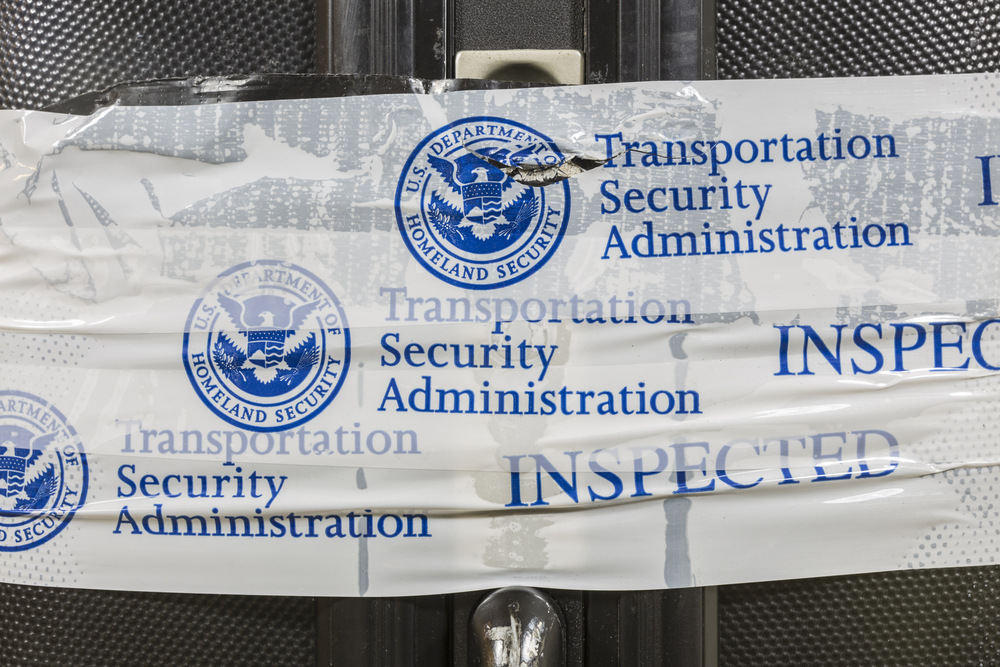
James Madison University students will explore new approaches that the Transportation Administration (TSA) can use to better connect passengers to personal belongings in the spring semester of the Hacking 4 Defense (HD4) class.
Administered through the Department of Homeland Security (DHS) Science & Technology (S&T) Directorate, the HD4 class brings together faculty and students from six different disciplines to find innovative ways to address some of the Department of Defense’s most complex challenges.
“We have access to some of the nation’s top students who are passionate about solving real-world problems,” John Fortune, the program manager for S&T’s Apex Screening at Speed Program, said. “Students have come up with novel solutions working through the H4D program, and we’re excited to see what they accomplish.”
Participants will engage with stakeholders across the aviation security sector and establish virtual research networks that include different universities. The class will work to find ways for TSA to adopt principles of risk-based screening, to reduce the number of false alarms in passenger screening lines, and to cut down on lost and stolen items at security checkpoints.
“Recent worldwide terrorist attacks have demonstrated that the ticketing/check-in areas and security checkpoints of airports are targets of interest for our adversaries,” William Bryan, the senior DHS official performing the duties of undersecretary for science and technology, said. “This is a critical issue, and we are trying to tackle it several different ways. Focusing the bright minds of students on the problem may lead to fresh new approaches.”
The HD4 class could help make the screening process more integrated, efficient and secure, Fortune said.
“The ultimate goal is to improve detection of explosives and prohibited items at the airport checkpoint,” Fortune said. “We are looking forward to the opportunity to engage with JMU’s H4D class to help achieve these goals.”




